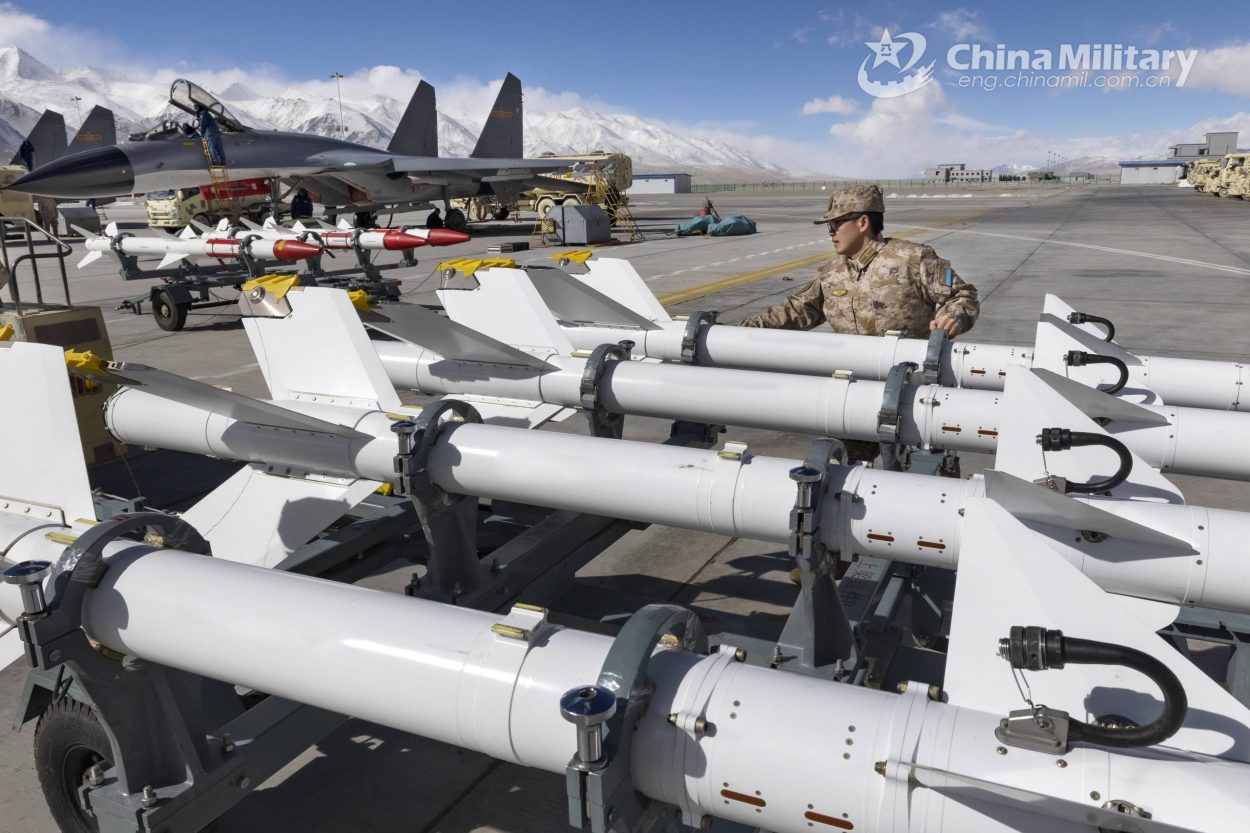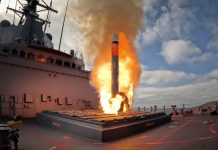China has developed a series of short-range precision missiles and multiple-launch rocket systems able to hit Taiwan’s military and government infrastructure, the South China Morning Post reported on Thursday, citing a source close to the People’s Liberation Army of China.
“The mainland has developed many other types of short-range missiles armed with specific warheads that are tailor-made for precision strikes,” the source told the news agency.
The circular error for the missiles’ strikes does not exceed 1 meter (3.3 feet), the source reportedly added.
Meanwhile, Andrei Chang, editor-in-chief of Canadian magazine Kanwa Asian Defense, told the media outlet that short-range missiles developed by Beijing were capable of hitting any fortified air base.
“[Mainland] China’s ballistic missiles and multiple launch rocket systems now use the BeiDou satellite navigation and terminal infrared image guidance systems, enabling them to hit any reinforced aircraft hangar and penetrate it precisely,” the newspaper quoted Chang as saying.

China’s missile build-up has reportedly prompted Taiwan to build 36 new hangars at its aircraft base located in the municipality of Taichung, which is expected to further strain relations between the parties.
Tensions between mainland China on the one hand, and Taiwan and countries boosting cooperation with the island, on the other hand, escalated after US House Speaker Nancy Pelosi visited the island in early August.
Beijing condemned Pelosi’s trip, which it regarded as a gesture of support for separatism, and held large-scale military exercises in the vicinity of the island. Despite this fact, several countries, including France, Germany, the United States, Japan, and others, have sent their delegations to the island since then, further increasing tensions in the Taiwan Strait.
Taiwan has been governed independently from mainland China since 1949. Beijing views the island as its province, while Taiwan — a territory with its own elected government — maintains that it is an autonomous country but stops short of declaring independence. Beijing opposes any official contact of foreign states with Taipei and considers Chinese sovereignty over the island indisputable.
Meanwhile, the United States anticipates malicious cyber operations by China amid tensions over Taiwan and increasing competition between Washington and Beijing, Homeland Security Under Secretary at the Office of Intelligence and Analysis Ken Wainstein said in congressional testimony.
“In terms of nation-state actors, we can expect Russia to continue its targeting of the Homeland with malicious cyber operations to collect intelligence, enable influence operations and improve its ability to disrupt critical infrastructure in a crisis.
We anticipate similar efforts from Beijing with the sharpening competition between the United States and China and the potential threat of a crisis over Taiwan,” Wainstein told the US House Homeland Security Committee.
The Biden administration’s new National Defense Strategy characterizes China as a long-term challenge to the United States and Russia as a more acute threat, he said.
Wainstein also said Iran’s growing expertise and willingness to conduct aggressive and opportunistic cyber operations make it a major threat as well.
Ransomware has also become a serious threat in recent years, targeting both the US government and critical infrastructure, Wainstein said. Digital cryptocurrencies are increasingly used to facilitate such crimes, he added.
By Sputnik News Agency




